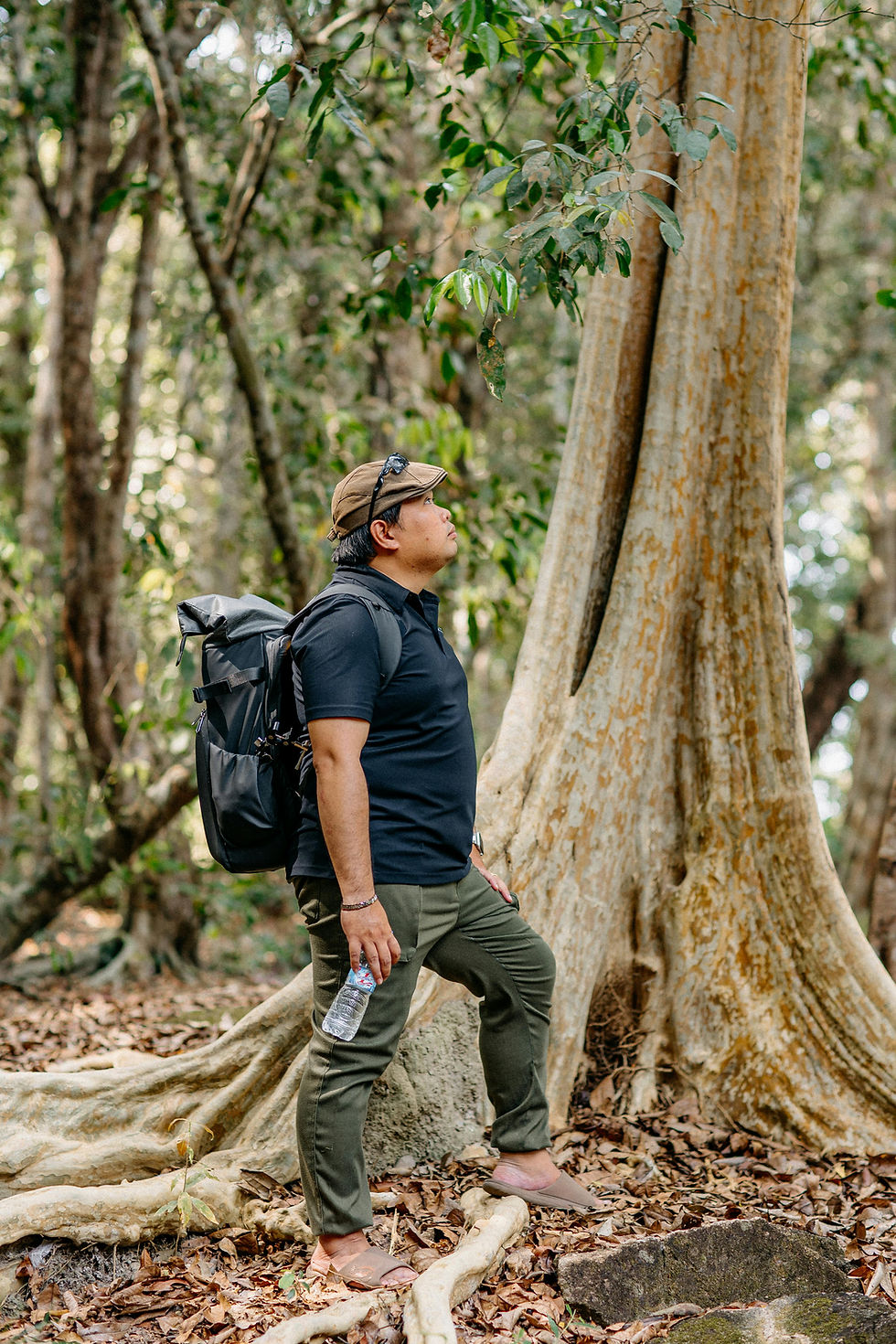Essential Veteran Support Programs You Should Know
- rogerscottbrown
- Aug 5, 2025
- 4 min read
Veterans and service members face unique challenges when transitioning back to civilian life. From navigating complex benefits to managing mental health, the journey can be overwhelming. Fortunately, there are many veteran assistance services designed to provide support, guidance, and relief. These programs aim to help veterans access their rightful benefits, find mental health resources, and even enjoy relaxing retreats to recharge. Understanding these resources is crucial for veterans and donors who want to make a meaningful impact.
Understanding Veteran Assistance Services
Veteran assistance services cover a broad range of support options tailored to meet the needs of those who have served. These services include help with VA claims, benefits counseling, mental health support, and wellness retreats. Many veterans are unaware of the full scope of assistance available, which can lead to missed opportunities for care and support.
For example, assistance with VA claims can be complicated and time-consuming. Veteran assistance services often provide expert guidance to help veterans file claims correctly and appeal denials. This support can significantly increase the chances of receiving the benefits they deserve.
Mental health is another critical area where veteran assistance services play a vital role. Veterans may struggle with PTSD, depression, or anxiety, and these services offer counseling, peer support groups, and crisis intervention. Importantly, it is okay to ask veterans about suicide. Open conversations, asking questions, listening, and offering support can save lives.

How to Access Veteran Assistance Services
Accessing veteran assistance services can be straightforward if you know where to look. Many organizations operate both locally and nationally to provide support. Here are some practical steps to get started:
Contact the Department of Veterans Affairs (VA): The VA is the primary source for benefits and healthcare services. Visit their website or local offices to learn about eligibility and application processes.
Reach out to nonprofit organizations: Groups like Ruck Up and Recover offer specialized programs including retreats and mental health support.
Use online resources: Many websites provide detailed guides and contact information for veteran support programs.
Connect with veteran service officers (VSOs): These trained professionals help veterans navigate claims and benefits.
Attend veteran community events: These gatherings often provide information booths and direct access to support services.
Donors interested in supporting veterans can also find ways to contribute through these organizations, ensuring that resources reach those in need.

What Programs Exist for Veterans?
There is a wide variety of programs designed to support veterans in different aspects of their lives. Some of the most impactful include:
VA Healthcare and Benefits: Comprehensive medical care, disability compensation, education benefits, and home loans.
Mental Health Programs: Counseling, suicide prevention hotlines, peer support groups, and specialized therapy.
Employment Assistance: Job training, resume workshops, and career counseling.
Housing Support: Assistance with finding affordable housing and preventing homelessness.
Recreational and Wellness Retreats: Programs that offer veterans a chance to relax, connect with peers, and focus on mental wellness.
One example is the retreats offered by Ruck Up and Recover, which provide veterans with a peaceful environment to decompress and heal. These retreats often include outdoor activities, group therapy, and wellness workshops.
Veterans should explore these options to find the programs that best fit their needs. Donors can also support these initiatives by volunteering or providing financial assistance.

The Importance of Mental Health Support
Mental health is a critical component of veteran care. Many veterans face invisible wounds such as PTSD, depression, and anxiety. These conditions can lead to feelings of isolation and, tragically, suicide. It is essential to recognize that asking veterans about suicide is not only okay but necessary. Open dialogue can break down stigma and encourage veterans to seek help.
Veteran assistance services provide multiple avenues for mental health support:
Crisis hotlines: Immediate help for veterans in distress.
Peer support groups: Veterans helping veterans through shared experiences.
Professional counseling: Licensed therapists specializing in military-related trauma.
Relaxation and wellness programs: Activities designed to reduce stress and promote healing.
Encouraging veterans to talk about their feelings and listen without judgment can make a significant difference. Donors can help by funding mental health programs and supporting organizations that prioritize veteran well-being.
How Donors Can Make a Difference
Donors play a vital role in sustaining and expanding veteran assistance services. Contributions help fund programs that provide direct support to veterans, including mental health counseling, benefits assistance, and wellness retreats.
Here are some ways donors can get involved:
Financial donations: Support organizations that offer comprehensive veteran services.
Volunteer time: Assist with events, retreats, or administrative tasks.
Raise awareness: Share information about veteran support programs within your community.
Sponsor retreats or workshops: Help cover costs for veterans to attend healing programs.
By supporting these efforts, donors help create a safety net for veterans, ensuring they receive the care and respect they deserve.
Veterans and donors alike should be aware of the many resources available to support those who have served. From navigating VA claims to accessing mental health care and enjoying restorative retreats, these programs provide essential assistance. Remember, it is okay to ask veterans about suicide - your support and willingness to listen can save lives. For more information on veteran support programs, visit Ruck Up and Recover.




Comments